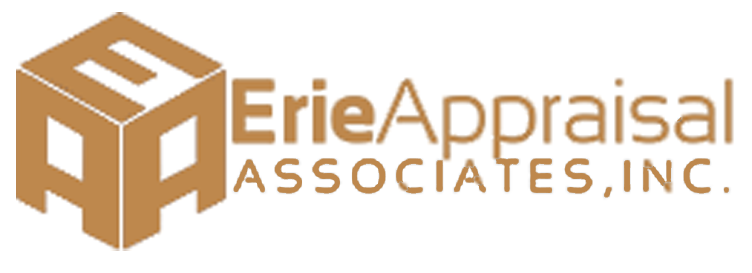Finding a Lawyer: Legal Fees
During the first meeting with your attorney, you will be asked to explain the problem or situation about which you would like advice, guidance or representation. The attorney will point out any issues, laws or legal processes involved in handling the matter for you. Be sure to ask the attorney any questions you may have.
An attorney will charge you in one of four ways: 1) on a flat fee basis, for handling a specific matter; 2) on the basis of a percentage of any recovery or settlement involved; 3) at an hourly rate; or 4) as mandated by law.
Time is the most important factor used by attorneys in setting fees. Other factors that enter into an attorney's fee are:
a) the nature of the problem or issue. A simple matter involving well established procedures that are routine will cost less than a complex matter that raises a unique question or requires work in a specialized field of law;
b) a lawyer with exceptional skill and experience in a particular area of the law may charge more;
c) benefits derived from the services rendered. The responsibility assumed by the lawyer and the results may be an important factor in determining the fees.
In some types of personal injury and damage cases, an attorney may agree to what is called a "contingent fee" agreement. In this situation, the fee paid to the attorney depends on the amount of money awarded to the client. A fee is paid for the attorney's services if, and only if, there is some financial recovery for you. If there is no recovery, the attorney is not entitled to collect any fee, except that the client may still be responsible for any costs incurred, such as fees for depositions, expert witness fees, copies of medical records, etc. You should have a Fee Agreement with the attorney; it will detail how fees will be handled so that you know what to expect. Contingent fees are not appropriate for every type of legal matter.
Much of your attorney's work is typically performed when you are not present. A document prepared for you or advice given to you follows many hours of work done by the attorney in your absence.
Payment of your attorney's fees depends on the type of service provided and the fee agreement signed. Your attorney may require payment of some money in advance - called a retainer - prior to beginning work. If you are not sure that you will be able to pay promptly, talk it over with your attorney.
When you and the attorney arrive at an understanding about the fees you will be charged, that information should be put into what is called a Fee Agreement, drafted by the attorney. This Agreement is signed by you and the attorney, specifying the details of how you will be charged so that there won't be questions about the fees later.
Your attorney is here to serve you and your best interests. You have a right to know what fees you will be charged. Should you disagree with the fees you were charged, the Erie County Bar Association offers a Fee Dispute process as a public service and a way to hopefully resolve any dispute that has merit. Contact the ECBA office at 814-459-3111 for additional information.
If you need to consult with an attorney, please contact the Erie County Bar Association's Lawyer Referral & Information Service. 8/21




